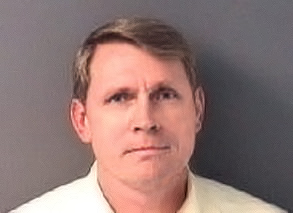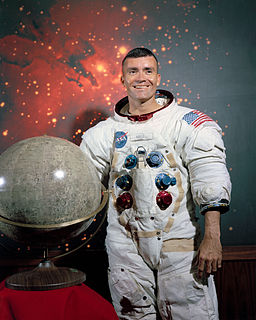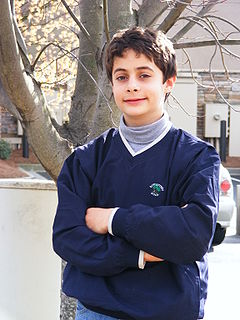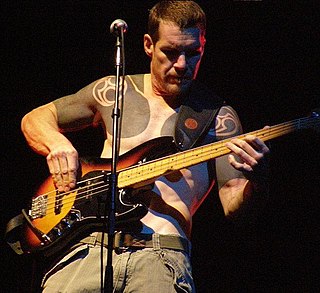A Quote by Leroy Chiao
I was eight years old when I saw the Apollo moon landing in 1969. I was riveted.
Related Quotes
I was an eight-year-old kid when I watched the first Apollo Moon Landing way back in 1969 and there was something about that moment that really stuck in my head. I'd always been interested in space and flying and I was building model rockets and model airplanes, but something about that moment, I can remember like it was yesterday watching the Apollo Lunar Lander approach the surface of the Moon and then later watching Neil Armstrong and Buzz Aldrin take the first steps on the Moon, and something that day started the dream for me that, hey, I want to be like those guys.
My take on what happened with the moon landing was [......] they suspect [ sic ] that on impact that the cameras would be damaged because back in 1969 cameras weren't, you know, like they are today, as good. So they had a studio set up at CBS to mimic the moon landing. And sure enough the cameras broke and so they flipped, you know, the CBS studio on. And what you saw of the footage of the '69 moon landing was actually at CBS studio.
I actually don't remember Apollo 11 exactly because, at the time, I was five years old. The landing happened at night, and the walk on the moon happened at night eastern time, and I asked my parents; my mom said I was probably asleep, and so I just don't have any recollection. I do have recollection of the later missions to the moon.
I got into politics when I was eight years old. Six years now. And I got involved because I started listening to talk radio. It goes back to one event. The Democrats filibustered something in the Senate when I was eight years old. I don't remember what it was on and I didn't honestly care when I was eight years old. I cared about the history and the Senate rules.
For me, the most ironic token of [the first human moon landing] is the plaque signed by President Richard M. Nixon that Apollo 11 took to the moon. It reads, ‘We came in peace for all Mankind.’ As the United States was dropping seven and a half megatons of conventional explosives on small nations in Southeast Asia, we congratulated ourselves on our humanity. We would harm no one on a lifeless rock.
The exciting part for me, as a pilot, was the landing on the moon. That was the time that we had achieved the national goal of putting Americans on the moon. The landing approach was, by far, the most difficult and challenging part of the flight. Walking on the lunar surface was very interesting, but it was something we looked on as reasonably safe and predictable. So the feeling of elation accompanied the landing rather than the walking.































